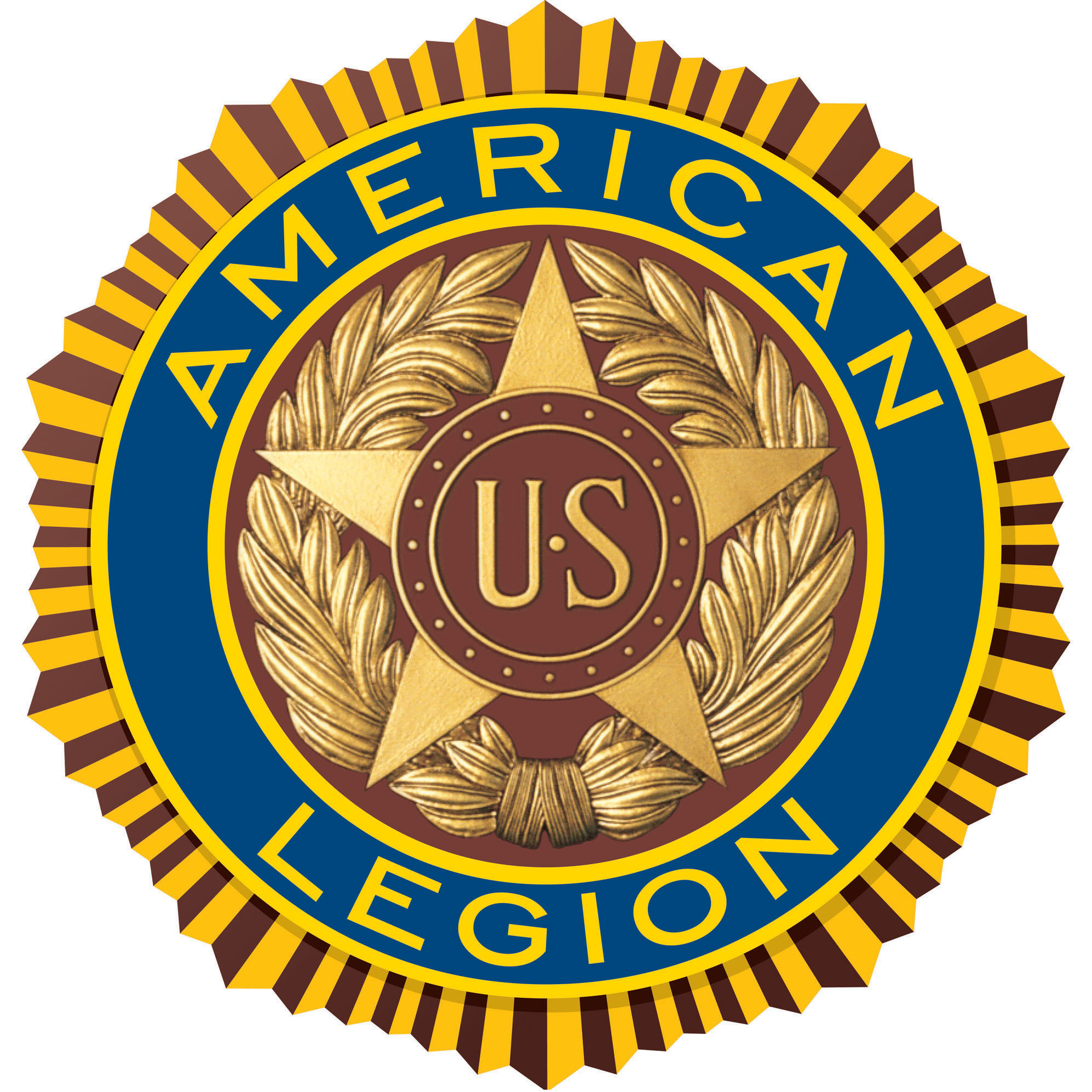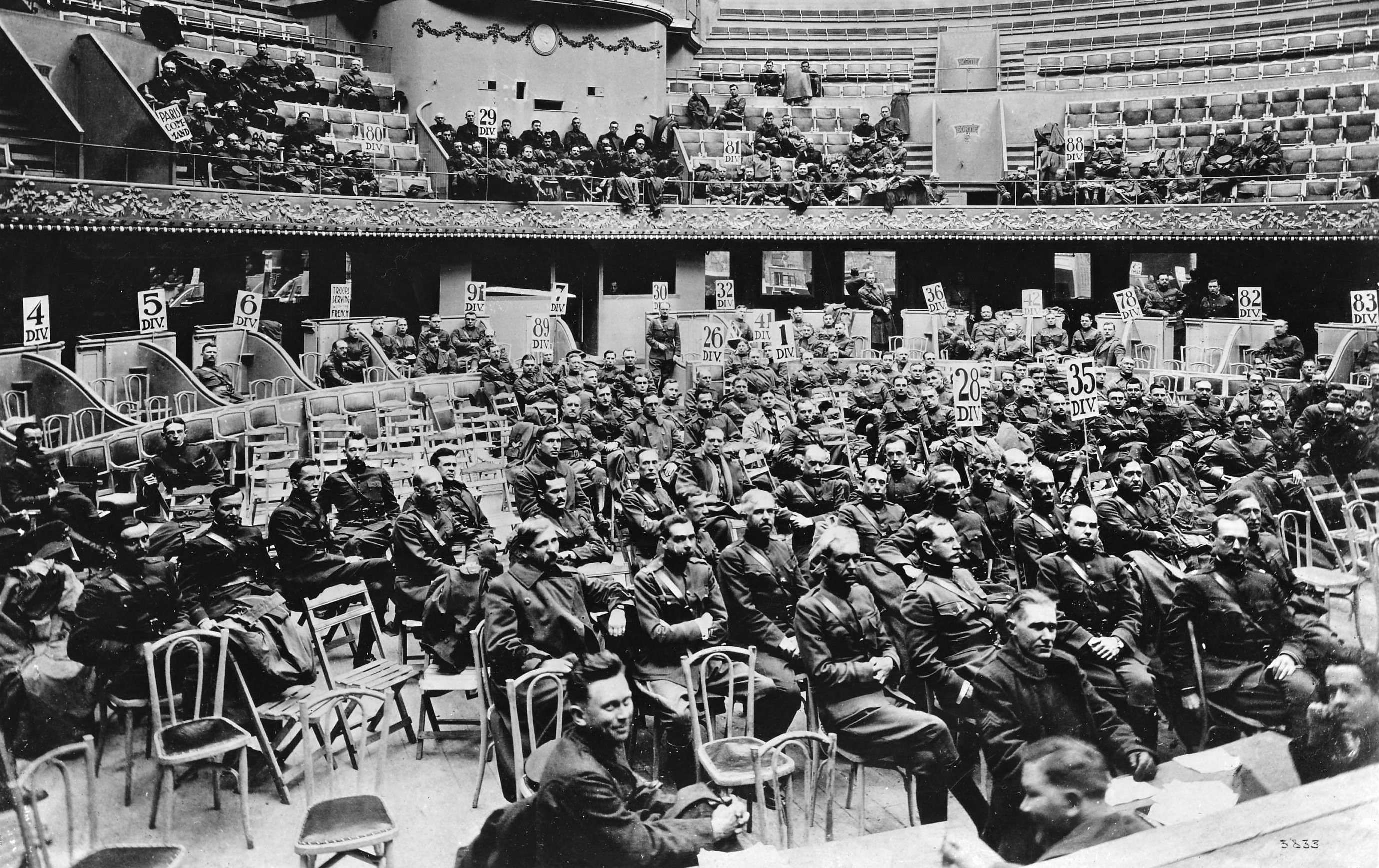American Legion, The, ranks as the largest veterans’ organization in the United States. The Legion seeks to advance the interests of veterans, to continue friendships formed during military service, and to see that disabled veterans get the care and help they need. It takes part in programs that promote the American way of life at the local, state, and national levels. It also sponsors patriotic community projects and educational and charitable programs.

Members of the American Legion include members of the U.S. armed forces who are on active duty, and veterans who have been honorably discharged from federal active duty. The American Legion has thousands of local posts in the United States and other countries. It holds a national convention each year to determine policies and programs and to elect national officers, including a national commander. The national adjutant heads the national headquarters staff in Indianapolis, Indiana. The Legion also has a national office in Washington, D.C. The Legion publishes The American Legion Magazine.
Activities.
Legion posts have built community houses, swimming pools, playgrounds, and many parks throughout the United States. They have supplied ambulances and equipment for community hospitals and for medical facilities operated by the U.S. Department of Veterans Affairs and the U.S. Department of Defense . The Legion also provides cash grants to veterans who suffer severe losses following natural disasters, and operates a nationwide blood donation program.
The Legion has actively opposed communism , fascism , and all forms of totalitarianism . In national defense, the Legion has always favored adequate military preparedness.
Legion youth programs work to build American ideals and promote responsible citizenship. The Legion sponsors youth baseball and marksmanship programs and other athletic activities. It also sponsors Scouting troops and Junior Reserve Officers Training Corps (ROTC) units. Each year, the Legion holds a national high school oratory contest to promote the study of the United States Constitution and the Bill of Rights. It awards scholarships to the finalists. The Legion also helped create and sponsors American Education Week , first observed in 1921.
The Legion conducts an annual Boys State . Under this program, boys selected by local Legion posts and civic, religious, and educational organizations take part in a one-week course on the practical operation of state government. Some participants in Boys State are chosen to attend the Legion’s annual Boys Nation, a program in the study of national government.
History.
A group of 20 officers who served in the American Expeditionary Forces (A.E.F.) in France in World War I (1914-1918) is credited with planning the Legion. A.E.F. headquarters asked these officers for ideas on how to improve troop morale. One officer, Lieutenant Colonel Theodore Roosevelt, Jr. , proposed an organization of veterans. In early 1919, two caucuses (meetings) were held in Paris, France, and St. Louis, Missouri, to plan the new organization. Later that year, the U.S. Congress granted the American Legion a national charter. The first national convention, held in Minneapolis, Minnesota, adopted a permanent constitution and elected officers to head the organization.

The Legion began its work immediately. In 1919, it organized a rehabilitation service to help disabled veterans make claims for compensation and obtain medical care. This rehabilitation service became a nationwide corps of trained and accredited service officers. In 1921, the country plunged into a short, sharp economic depression. Millions of people lost their jobs. In addition, about 4 million troops had returned to civilian life after World War I. To address this situation, the Legion turned itself into a nationwide employment service, with 11,000 branch offices. It helped more than 1 million veterans find jobs. Additionally, the Legion won recognition for keeping many schools running during the economic depressions of the early 1920’s and early 1930’s.
During World War II (1939-1945), the Legion helped write the Servicemen’s Readjustment Act of 1944, better known as the GI Bill, and worked for its adoption by Congress. During and after the Vietnam War (1957-1975), the Legion promoted job opportunities for returning veterans. It also worked to increase veterans’ benefits under the GI Bill to meet rising educational costs.
Following the Vietnam War, the Legion commissioned studies about and lobbied for federal recognition of post-traumatic stress disorder (PTSD) connected with military service, as well as harmful medical conditions caused by wartime exposure to the chemical Agent Orange . These efforts resulted in affected veterans being able to seek care and disability compensation from the Department of Veterans Affairs.
In 1989, the U.S. Supreme Court ruled that the First Amendment to the U.S. Constitution protected the right of citizens to damage the American flag intentionally. The Legion then established a Citizens Flag Alliance and has supported efforts to protect the flag by law.
Following the Sept. 11, 2001, terrorist attacks on the United States, the American Legion has worked with Congress and the Department of Veterans Affairs on updating and strengthening the GI Bill to better meet veterans’ needs. The Harry W. Colmery Veterans Educational Assistance Act of 2017, also called the Forever GI Bill, was named for the former national commander of the Legion credited with drafting the original GI Bill in 1944.
The American Legion has established thousands of military and veterans memorials worldwide. It also has opposed the removal of such public monuments that contain religious symbolism. In 2019, the U.S. Supreme Court ruled in favor of the Legion’s suit to protect the cross-shaped Bladensburg World War I Veterans Memorial in Bladensburg, Maryland, after certain groups argued that it violated the separation of church and state .
